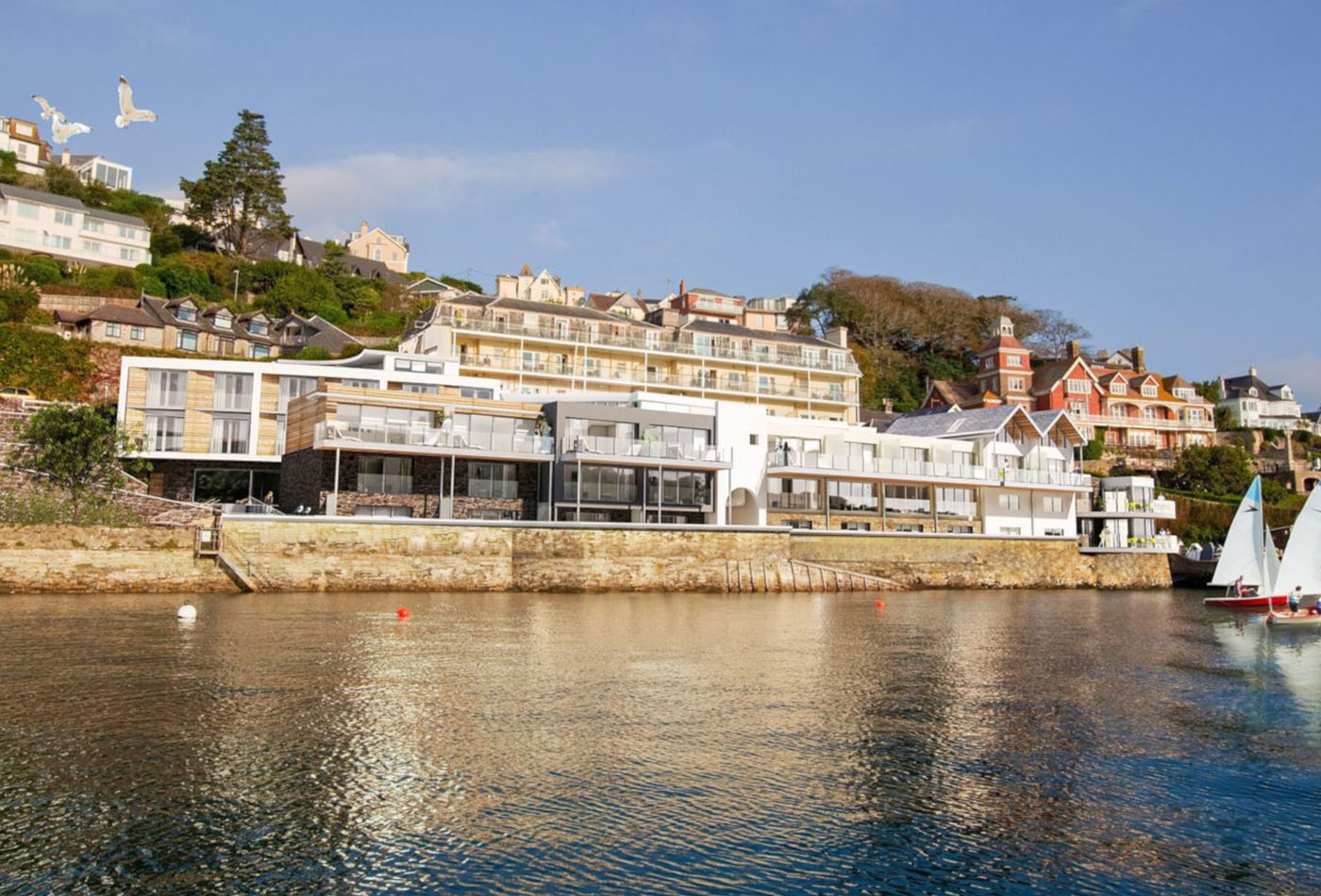

The Furnished Holiday Let (FHL) tax relief regime was abolished in April 2025. As a result, the tax benefits...

Whether you plan to use your second property for your own holidays or let it out and make a...

Owning and running a holiday home can be a fantastic and rewarding experience as well as a great return...

Coast & Country Cottages are delighted to share our latest Holiday Letting Market Insights Report! Produced using our own...

Discover what’s on in Salcombe in 2026! Despite its scenic and serene appearance on the coast of South Devon,...